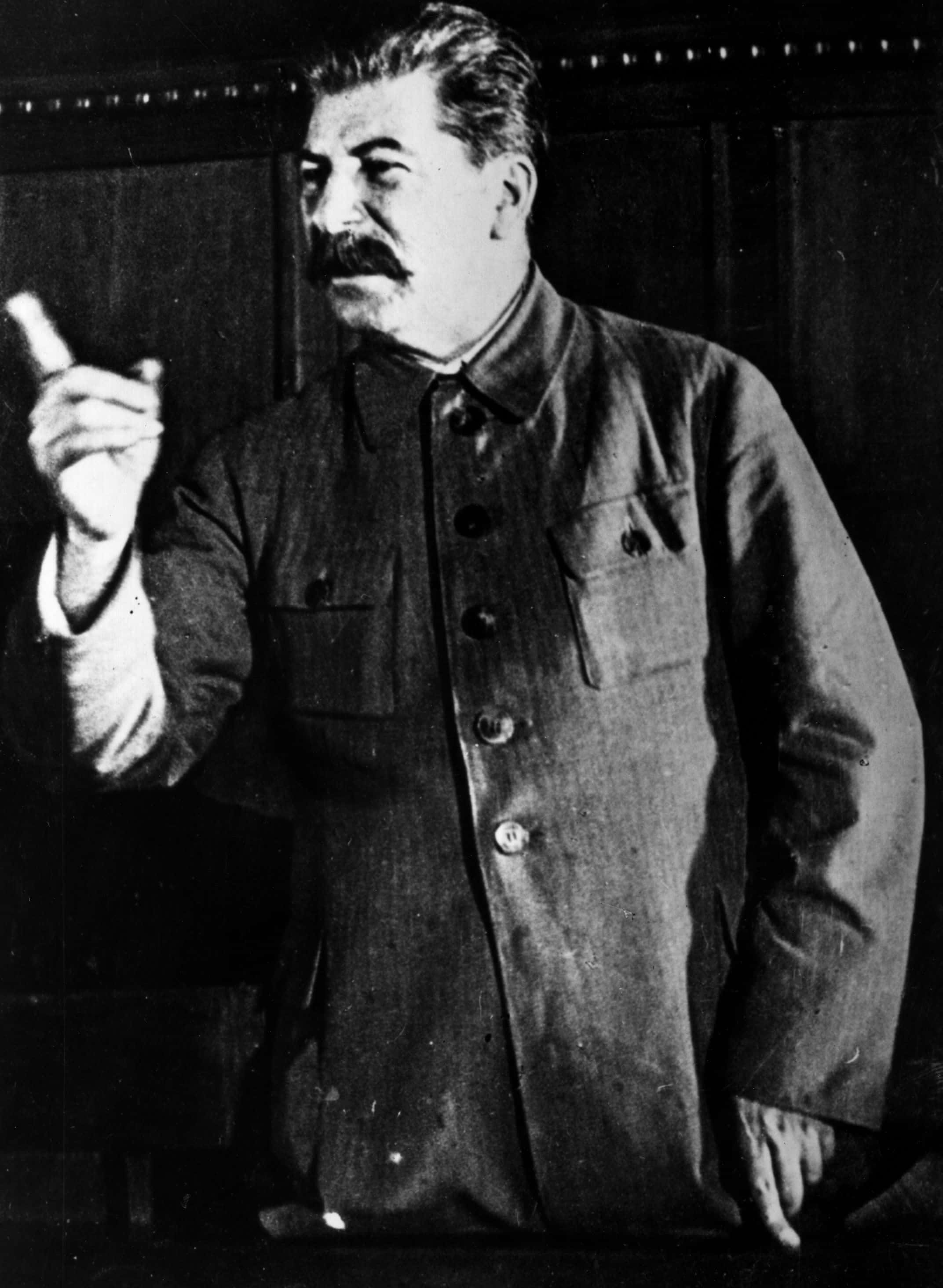Koch Industries' infamous links to Stalin resurface after it REFUSES to pull out of Russia

Koch Industries' links to Soviet leader Joseph Stalin surfaced after the company decided to continue its business in Russia despite hundreds of major US companies pulling out of the country over its invasion of Ukraine.
The industrial conglomerate is the second-largest privately-owned business in the US with annual revenue of $115 billion. As Russian President Vladimir Putin continues his assault on Ukrainian cities, Koch is among those defying public pressure and continuing to operate manufacturing plants and sell products across Russia. The Wichita, a Kansas-based company that has several businesses in Russia, is among nearly 40 companies that have refused to curb business in that nation, as per a tally compiled by Yale University professor Jeffrey Sonnenfeld.
RELATED ARTICLES
Did Deutsche Bank REALLY finance construction of Auschwitz? Company slammed for not exiting Russia
What is Lumen Technologies? 'Gateway to the Internet' pulls plug on Russia
According to CBS News, Guardian Industries, a subsidiary of Koch, has two industrial glass manufacturing plants in Russia that employ about 600 people. Aside from Guardian Industries, Koch directly employs 15 people in Russia. "While Guardian's business in Russia is a very small part of Koch, we will not walk away from our employees there or hand over these manufacturing facilities to the Russian government so it can operate and benefit from them," Dave Robertson, President and COO of Koch Industries, said in a statement on Wednesday, March 16. Robertson called Russia's offensive against Ukraine "an affront to humanity" that "violates our company's values and principles," adding that the company has provided financial assistance to workers and their families from Ukraine as well as those affected in neighboring countries.
"To be clear, Koch companies are complying with all applicable sanctions, laws, and regulations governing our relationships and transactions within all countries where we operate," he wrote. "We will continue to closely monitor the situation and keep you updated as needed," he added.

Koch Industries' infamous links to Stalin
The outrage following the Koch Industries' decision to stay put in Russia brought forth the company's rather forgotten links to the Soviet Union. Young Fred Koch was an innovator who helped revolutionize the oil industry. In 1927, he developed a more efficient thermal cracking process for turning crude oil into gasoline. His invention allowed smaller players to better compete with oil giants, prompting the latter to file 44 different lawsuits against Koch and embroiling him in litigation for years. Nonetheless, Koch prevailed in all the suits.
In 1925, Koch had entered into a partnership with Lewis Winkler, a former employee of Universal Oil Products (now UOP LLC). Winkler developed a cracking apparatus with non-patentable modifications to his former employer's intellectual property, resulting in a 1929 patent infringement suit by UOP. The legal stranglehold in America forced Winkler-Koch to seek overseas clients, and the company signed contracts to build petroleum distillation plants in the Soviet Union, which did not recognize intellectual property rights.

Fred Koch soon found himself doing business with Soviet leader Joseph Stalin, who had just launched his Five Year Plan. Stalin had plans to lead an industrial revolution in Russia by selling oil to the European export market. However, the USSR needed cracking technology for its reserves, which were notoriously hard to refine. The Oil Directorate of the Supreme Council of the National Economy welcomed Winkler-Koch with open arms as its rivals were reluctant to do business with Communists, according to Rolling Stone.
Winkler-Koch would go on to build 15 cracking units for the Soviets between 1929 and 1931. However, over time Stalin would ruthlessly purge many of Koch's Soviet colleagues, and this experience deeply affected Koch, who later regretted his collaboration. He published a 39-page, anti-communist pamphlet "A Business Man Looks at Communism" relating his experiences in the Soviet Union and warned of the threat of a Communist take-over. He explained that one of the "Potential Methods of Communist Take-over in the U.S.A. by Internal Subversion" was "Infiltration of high offices of government and political parties until the President of the U.S. is a Communist...Even the Vice Presidency would do as it could be easily arranged for the President to commit suicide." Koch declared that "socialism is the precursor to communism" and described the Soviet Union as "a land of hunger, misery, and terror."










